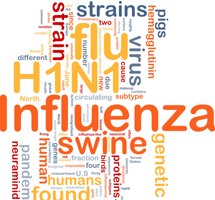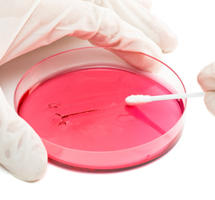
This resource on poultry diseases is authored and regularly updated by Dr. Nati Elkin, a specialist in poultry diseases. It includes an atlas of poultry pathology featuring images and descriptive text that illustrate gross pathological findings associated with poultry disease conditions. The site also offers full-text articles on poultry diseases authored by international experts, a comprehensive archive of daily news updates, a calendar of international events, and additional relevant content.
- Knowledge is useless unless accessible

The PoultryMed Quiz: test your knowledge in Poultry Diseases. If you have a question you would like to add, please send it to our mail (use "contact us").
Read More
Information on avian influenza, countries affected, human cases, recommendations, descriptions and reports.
Read More
This sector describes the taxonomy of viruses, bacteria and fungi involved in various diseases of poultry.
Read More
If you wish to contact the editor, report a technical problem or comment on the quality of this portal, please contact...